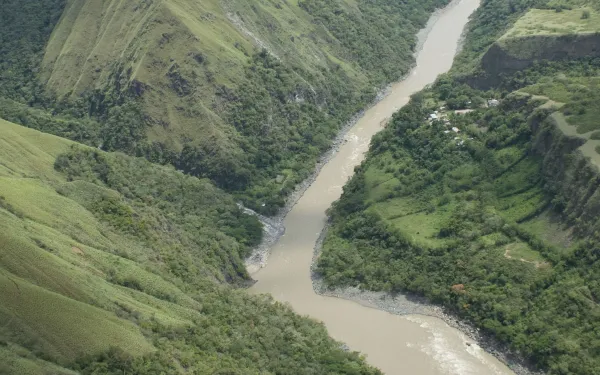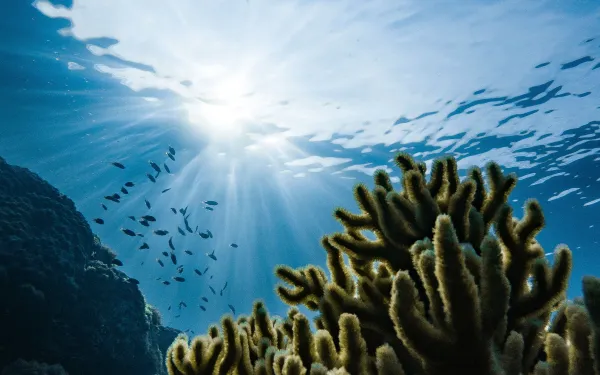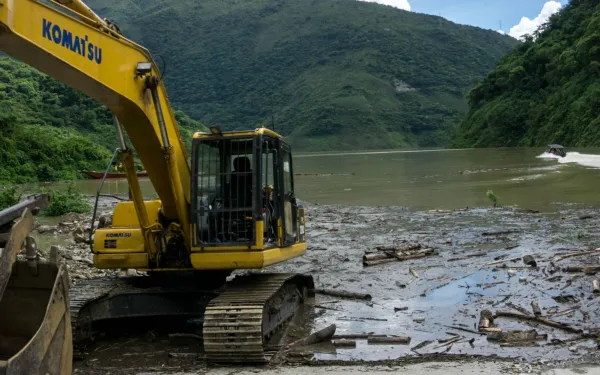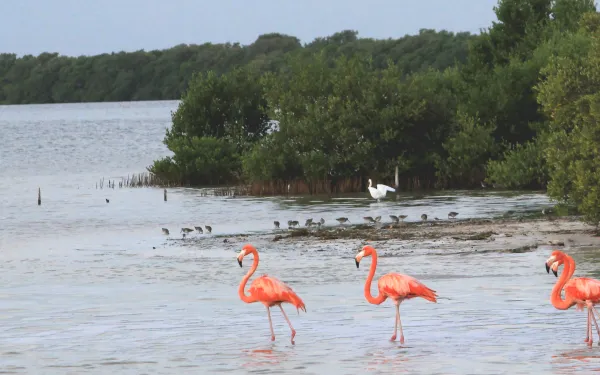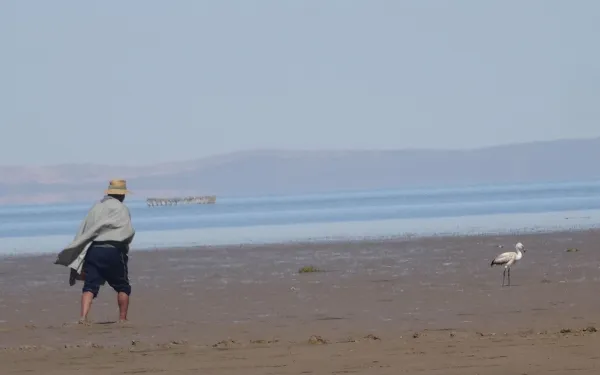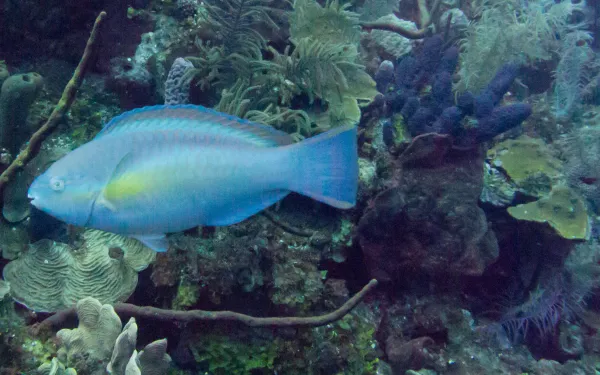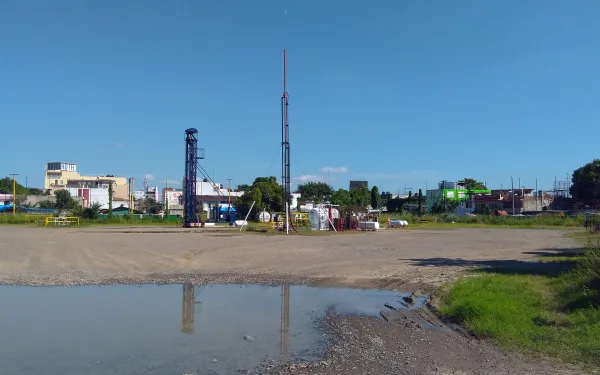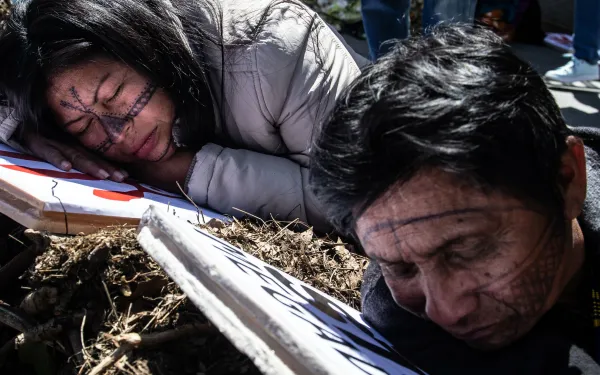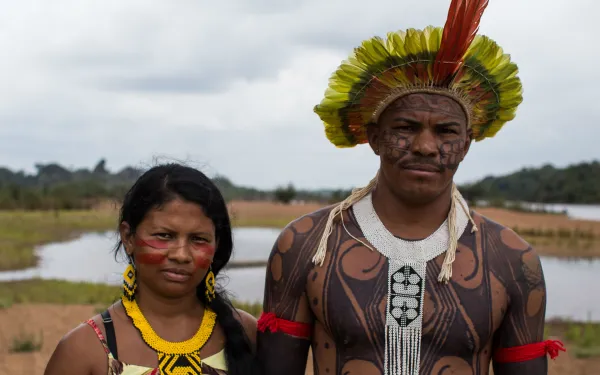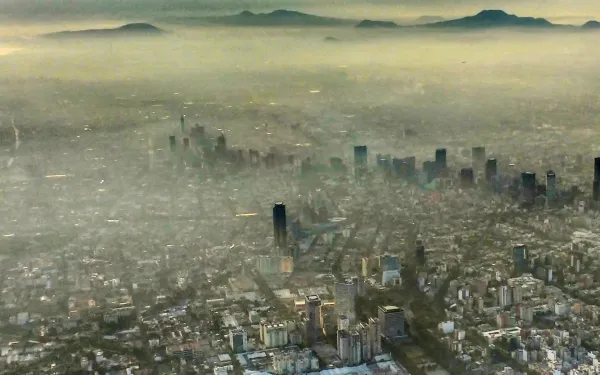
COP25: Organizations call on governments to improve air quality and, with it, slow the climate crisis
In a public letter, environmental and social organizations from Latin America and around the world urge governments to limit short-lived climate pollutants in their international climate commitments, which must be submitted to the United Nations by March 2020. Madrid, Spain. Governments must include ambitious and measurable targets for the reduction of short-lived climate pollutants in their new climate commitments, more than 100 organizations said in an open letter presented today, on the occasion of Human Rights Day, at the twenty-fifth Conference of the Parties (COP25) to the United Nations Framework Convention on Climate Change. "Mitigating short-lived climate pollutants implies reducing global warming in the short term and, at the same time, advancing in the decontamination of our cities," said Javier Dávalos, coordinator of the Climate Change Program at the Interamerican Association for Environmental Defense (AIDA). These pollutants are sometimes called "super climate pollutants" because they contribute to the climate crisis with much more intensity than carbon dioxide (CO2). As their name indicates, they stay a relatively short time in the atmosphere—from days to decades—unlike CO2, which can remain for millennia. Short-lived climate pollutants include black carbon, methane, tropospheric ozone and hydrofluorocarbons. They degrade air quality, affect glacial areas, and reduce crop yields. Poor air quality is the world's most deadly environmental problem. Each year, more than four million people die from the health damages caused by air pollution. The benefit of reducing these harmful emissions has been backed by science. The United Nations Intergovernmental Panel on Climate Change (IPCC), which brings together experts on the subject, stressed that to tackle global warming we must incorporate the mitigation of non-CO2 pollutants, specifically black carbon and methane. In addition, more than 11,000 scientists from around the world noted that the early reduction of short-lived climate pollutants would reduce warming by more than 50 percent over the next several decades. "The coming update of Nationally Determined Contributions opens up the possibility of governments betting on the elimination of these pollutants and thus contributing effectively to the fight against climate change and poor air quality," said Florencia Ortúzar, AIDA attorney. The deadline for governments to update their contributions is March 2020. That’s why the signatory organizations have called for the inclusion of ambitious and measurable goals for the reduction of these short-lived climate pollutants, and for governments to detail how the targets will be implemented, monitored and reported in the new commitments before the United Nations. "The solutions needed to reduce and eliminate each of the four short-lived climate pollutants are not mysteries. They are known and have been proven. But we need governments to prioritize those solutions if we are going to be able to avoid the worst impacts of climate change," commented Amanda Maxwell, director of the Latin America Project for the Natural Resources Defense Council (NRDC). In addition to the open letter, the organizations have launched an online petition for the cause to be supported with signatures from individuals around the world. Both problems, the climate crisis and poor air quality, most severely affect the most vulnerable segments of the population, among them children, pregnant women and the elderly. Confronting poor air quality is a human rights issue. Read the letter to governments. Read and sign the citizen petition. pRESS CONTACTS Victor Quintanilla (Mexico), AIDA, [email protected], +521 5570522107 Fabiola Nuñez, NRDC, [email protected], +1 (646) 889-1405 Renata Assumpção (Brazil), Instituto Alana, [email protected] Ricardo Ruiz (Mexico), CEMDA, [email protected], +5215559644162
Read more
